Call for Papers
The ECS Journal of Solid State Science and Technology is publishing a special collection of papers being presented at the International Conference on Advanced Materials and Mechanical Characterization (ICAMMC-2021). The meeting takes place December 2-4, 2021 in virtual format.
ICAMMC 2021 covers a wide range of emerging inter- and multi-disciplinary topics in developing advanced materials and their characterization at multiple length scales, manufacturing, and growth of innovative materials. It is an international forum for sharing knowledge and results in theory, computation, synthesis, fabrication, and characterization of advanced materials in structural, microstructural, small-scale mechanical aspects (not limited to), structure-property correlations, and technological applications. It is a common platform to present and discuss path-breaking research ideas and is expected to be an interface between academia and industry for societal needs. This focus issue centers on the advancements in design/fabrication, characterization and properties of next-generation materials for energy, electronic and dielectric applications. (more…)


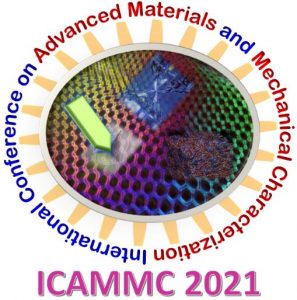
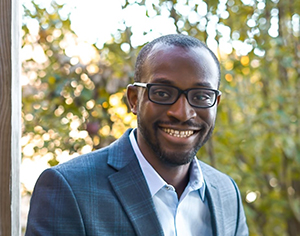

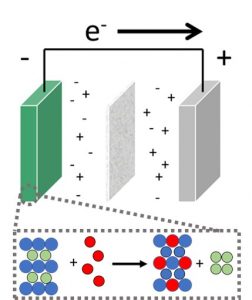

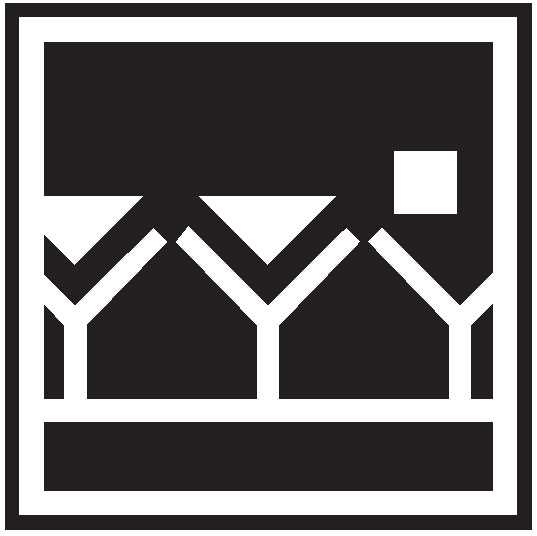 Deadline: March 1, 2020
Deadline: March 1, 2020 To ensure easy access to important research in The Electrochemical Society publications, update your bookmarks. Since ECS launched its partnership with IOP Publishing on January 2, 2020, all ECS digital publications are only available through IOPscience. ECS bookmarks will not be rewritten by the server. You must update your URLs (web page addresses) yourself.
To ensure easy access to important research in The Electrochemical Society publications, update your bookmarks. Since ECS launched its partnership with IOP Publishing on January 2, 2020, all ECS digital publications are only available through IOPscience. ECS bookmarks will not be rewritten by the server. You must update your URLs (web page addresses) yourself.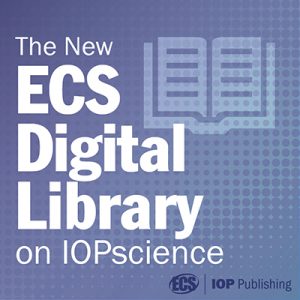 When ECS and IOP Publishing complete their partnership on January 2, 2020, with the launch of the ECS Digital Library on IOPscience, two great institutions will bring over 200 years of experience in excellent scientific publishing to advancing theory and practice at the forefront of electrochemical and solid state science and technology, and allied subjects.
When ECS and IOP Publishing complete their partnership on January 2, 2020, with the launch of the ECS Digital Library on IOPscience, two great institutions will bring over 200 years of experience in excellent scientific publishing to advancing theory and practice at the forefront of electrochemical and solid state science and technology, and allied subjects.